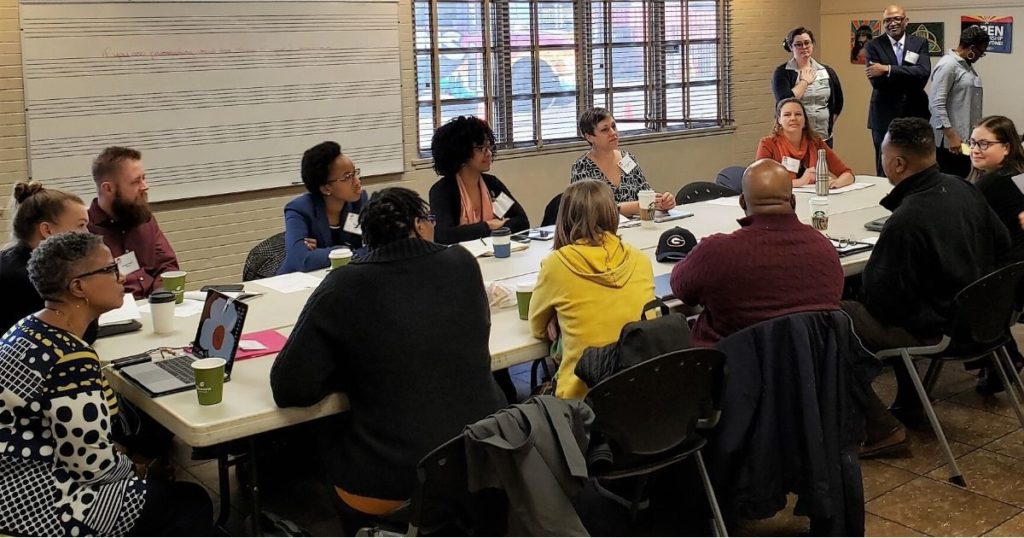From teen job training to prisoners coming home, Adese Fellows learn to make social good happen
A megachurch member in New York City is preparing to teach young people computer coding and job skills. A Catholic nun in New Orleans is launching a program to help prisoners reenter society. They are two of 12 “social entrepreneurs” who are learning new skills – and supporting each other – in the United Church of Christ’s Adese Fellowship program this year.
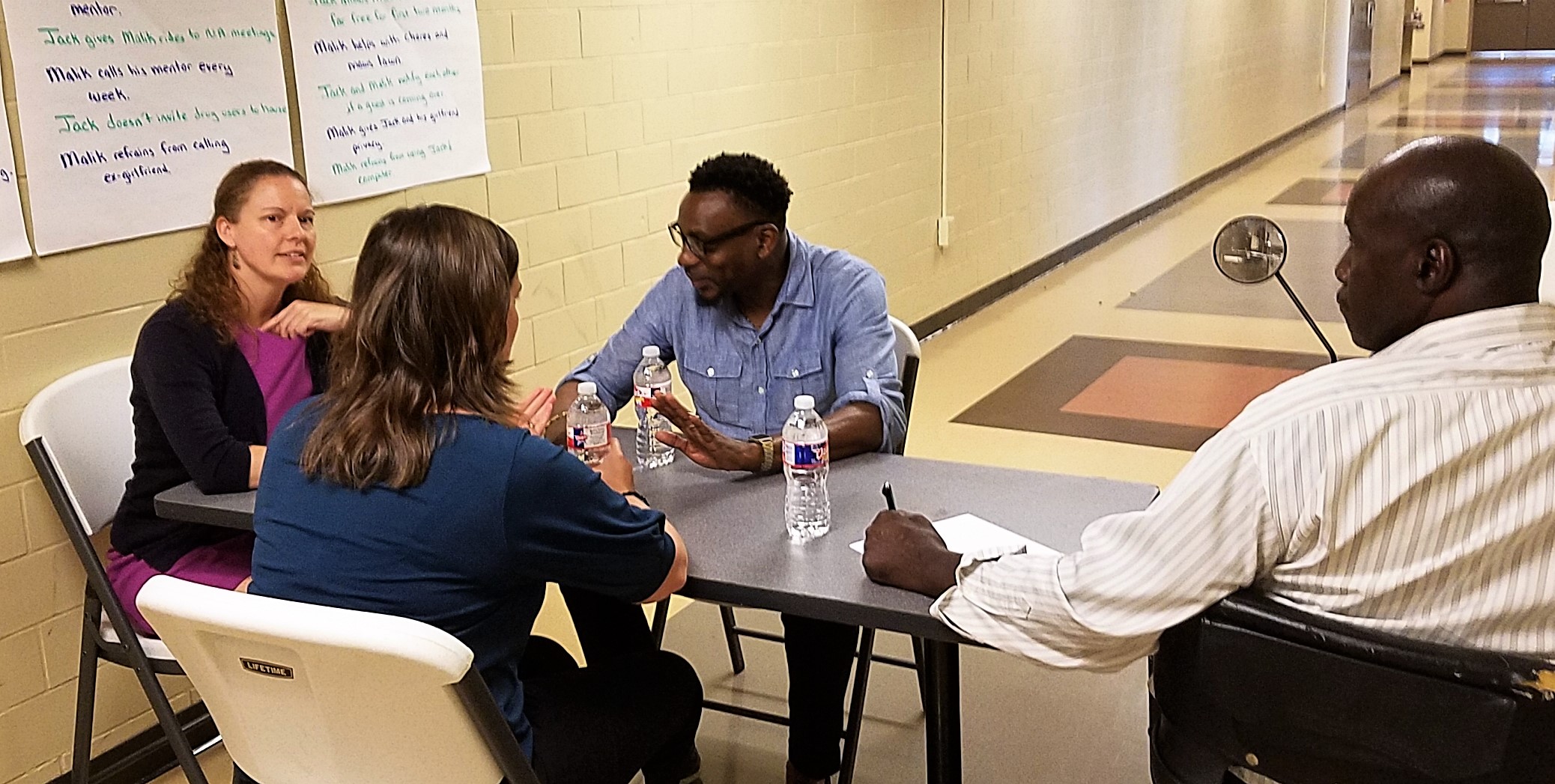 Keshia Phillip of Coditivity and Sister Alison McCrary of the Re-entry Mediation Institute of Louisiana are both accomplished in their vocations. The new skills they need are related to the specific challenges of running their own new nonprofit organizations.
Keshia Phillip of Coditivity and Sister Alison McCrary of the Re-entry Mediation Institute of Louisiana are both accomplished in their vocations. The new skills they need are related to the specific challenges of running their own new nonprofit organizations.
They say they appreciate Adese’s mentors, its way of connecting people from varied professions, and its openness – perhaps unique – to the diverse faith commitments that motivate the Fellows and their work.
Operated by the Church Building and Loan Fund with support from other national UCC ministries, Adese is a yearlong program. Through retreats – the first was in January at First Congregational UCC, Phoenix – as well as videoconferences and site visits, participants “gain clarity about themselves and their venture, prototyping and testing their concept, and building a team,” according to the program’s website.
Theological study is a core part of its curriculum, along with practical and community-building aspects. “Adese embraces the idea that whatever ignites faith, eliminates poverty and redeems creation is what the mission of the church is all about,” said the Rev. Patrick Duggan, executive director of CBLF, who serves as one of the mentors.
‘I didn’t know how’
With more than 20 years of corporate experience, Keshia Phillip has been building websites and web apps for small businesses since 2015 through her for-profit venture, Coditivity, based in Brooklyn. Having moved there from Florida at age 16, she knows what many young people are still experiencing there today: “I wanted to work. I wanted to be a contributing citizen. But I didn’t know how.”
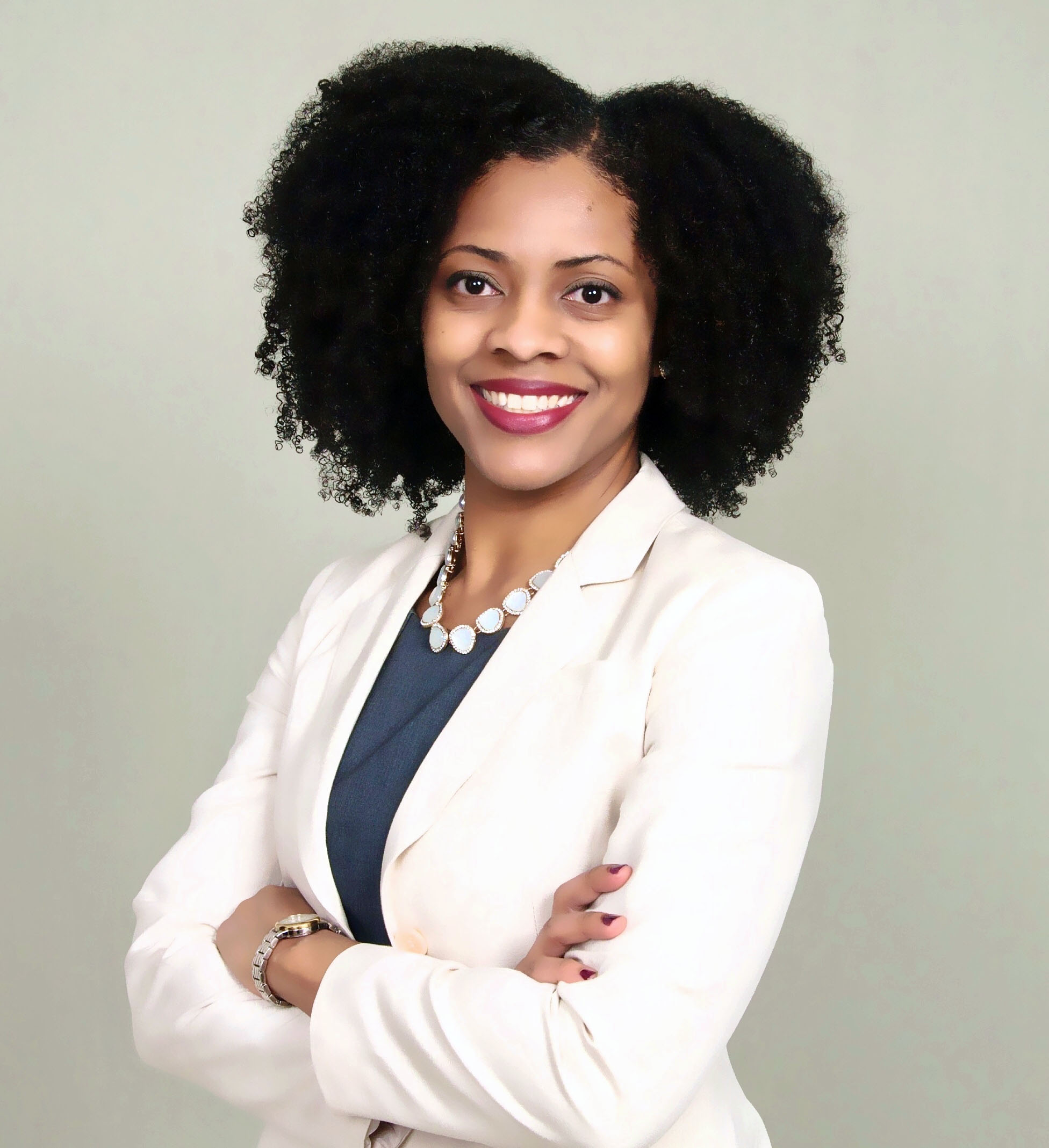 Her own break as a teen came through a workforce development program called Vocational Foundation. There she got tech training and encouragement and learned fundamentals of the working world, including job-hunting and job-keeping skills.
Her own break as a teen came through a workforce development program called Vocational Foundation. There she got tech training and encouragement and learned fundamentals of the working world, including job-hunting and job-keeping skills.
Since starting Coditivity – and troubled by a lack of recreation centers in her part of Brooklyn, and by occasional shootings – she has felt ready to pay her positive teen experience forward. “I had this idea: What if I were to teach coding to teenagers in low-income neighborhoods, who will really enjoy it,” she said. “It’s creative. It’s positive. It teaches critical thinking. You see an immediate result.” But, again, when it came to launching a nonprofit, “I didn’t really know how,” she said.
‘Fine-tuning my vision’
Last year, during a volunteer experience at her church, Brooklyn’s Christian Cultural Center, she met someone familiar with resources for faith-based entrepreneurs. Adese was one of them. Phillip applied.
Now Adese is helping her hone her big vision of “a more just and equitable world where young people are given opportunities to explore computer science in an interdisciplinary manner that prepares them for the 21st-century job market, entrepreneurial endeavors and equips them to thrive in their life.”
“Adese has already helped me begin the process of fine-tuning my vision by broadening my knowledge and expertise in relevant areas such as effective service, planning, budgeting and so much more,” Phillip said. “During our first retreat, I had the opportunity to carve out time for personal reflection and journaling related to my vision, which I feel brought me to another level of clarity that is one step closer toward making this venture a reality.”
Filling a reentry gap
Alison McCrary, a member of the Sisters for Christian Community, has worked for more than 10 years as a mediator in criminal-justice settings. She founded and ran the Community-Police Mediation Program in New Orleans, creating face-to-face meetings between citizens and officers to address complaints. It has become a model for similar programs around the U.S.
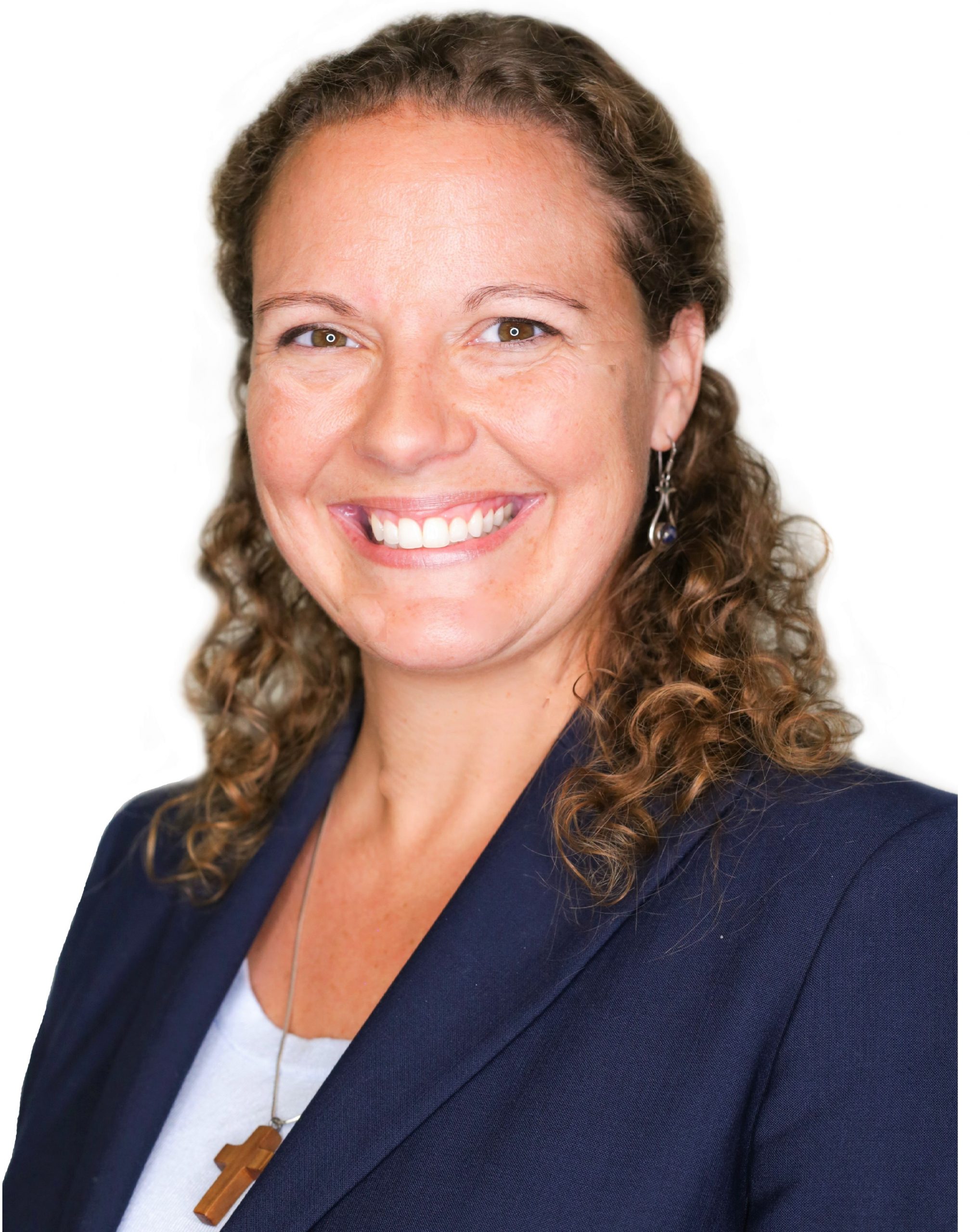 Now she is building the Re-entry Mediation Institute of Louisiana to fill a statewide gap. Six to 12 months before they are released, inmates are moved from larger prisons to one of Louisiana’s reentry-center jails, where they get job training, addiction recovery classes, GED diploma programs and other help. “But no one is addressing mental health and no one is addressing relationships,” McCrary said. “Sometimes people have been away just six months, and sometimes they haven’t seen loved ones for decades.”
Now she is building the Re-entry Mediation Institute of Louisiana to fill a statewide gap. Six to 12 months before they are released, inmates are moved from larger prisons to one of Louisiana’s reentry-center jails, where they get job training, addiction recovery classes, GED diploma programs and other help. “But no one is addressing mental health and no one is addressing relationships,” McCrary said. “Sometimes people have been away just six months, and sometimes they haven’t seen loved ones for decades.”
McCrary’s institute will provide professionally trained mediators to facilitate sessions between an incarcerated person and someone from back home. It could be a parent, a spouse, a former pastor, an old neighbor or a former employer. “By rebuilding relationships between inmates and their loved ones, we tap into the resources indigenous to the community, strengthen these connections, and allow for collaborative transition planning,” McCrary said. “The process helps all people feel heard and understood and come up with their own solutions. We have the data to show that it decreases recidivism rates.”
Her goal is to open pilot programs later this year in reentry centers in two Louisiana parishes, St. Tammany and Plaquemines. For now she’s doing prep work, including training prospective mediators – a 50-hour process – and completing policies.
‘A pretty sacred experience’
In the midst of that, she said, Adese is helping her “in the areas of financial management, learning more about how to work effectively with a board of directors, and clarifying the work that is mine to do in this world and what God is calling me to.”
She said people in need “often feel tokenized or like they’re begging for services.” Adese helps service providers “think about how we do this work and how we enter into relationship with people we work with and serve.”
“I think Adese is birthing a new way of doing social entrepreneurship, where we fully integrate our spiritual practices into the work and figuring out what that looks like. We’re experimenting with it,” McCrary said. “I don’t think there’s a blueprint for this anywhere. It’s in our hearts and the relationships that we’re building with each other. It’s a pretty sacred experience to be with people who share the same commitments to values and to prayer and supporting each other in it.”
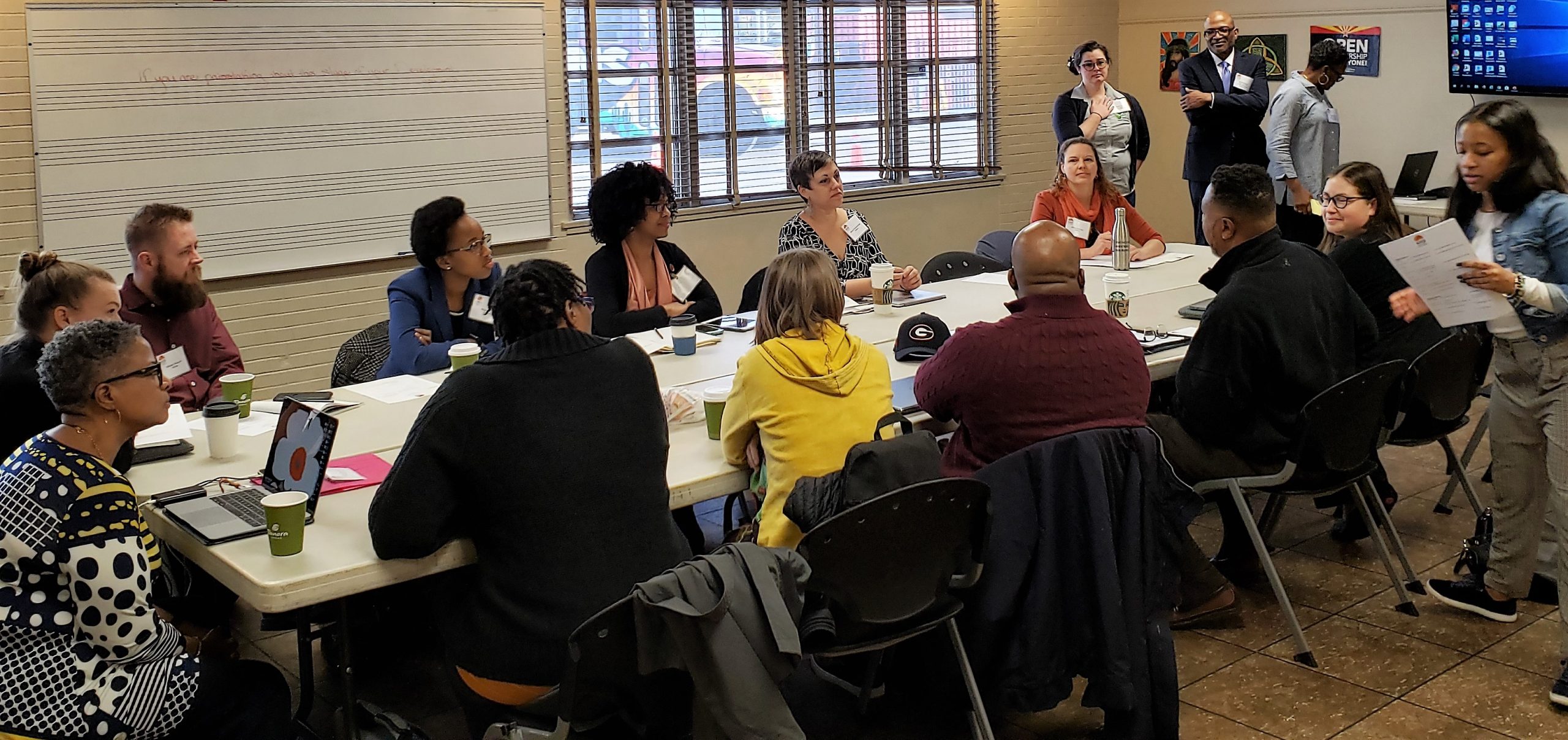
Related News
A Prophetic Call for Justice and Peace in Palestine
The executive leaders of the United Church of Christ have issued the following statement...
Read More‘Love is Greater Than Fear’: Regional Youth Events get to the heart of gospel message
United Church of Christ teens attending this summer’s Regional Youth Events (RYE) are...
Read MoreUCC desk calendars available to order now
Prepare for your day, month and year with the United Church of Christ desk calendar —...
Read More